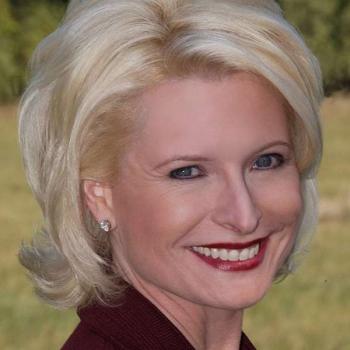Washington D.C., Oct 17, 2017 / 06:04 am (CNA/EWTN News).- In the wake of an executive order issued by the Trump administration halting federal assistance for certain insurance plans, the U.S. bishops reaffirmed that helping to protect low-income persons and the vulnerable is of the utmost importance. “This is of grave concern. The Affordable Care Act is, by no means, perfect, but as leaders attempt to address impending challenges to insurance market stability and affordability, they must not use people’s health care as leverage or as a bargaining chip,” said Bishop Frank Dewane of Venice, chairman of the U.S. bishops’ Committee on Domestic Justice and Human Development in a statement. “To do so would be to strike at the heart of human dignity and the fundamental right to health care. The poor and vulnerable will bear the brunt of such an approach.” Trump's decision will end a series of subsidies for lower-income enrollees in Affordable Care Act plans, which help those people reduce their cost share. The subsidies were expected to total more than $9 billion in 2018, and Congress has never appropriated the money for these cost-sharing subsidies in particular. Trump’s decision has been met with criticism from both the Democratic party and some members of the Republican party, while other members of the president’s party, like Speaker of the House Paul Ryan (R-Wisc.), praised the move. Bishop Dewane explained that in addition to cutting federal funds for insurance subsidies for low-income buyers, Trump also issued a directive whichallow the sale of insurance plans across state lines and expand options for certain kinds of plans that are lower-cost, but contain fewer benefits. There is also concern among healthcare policy experts that if enough healthy people leave their current plans for such high-deductible plans, those remaining in other Affordable Care Act plans would be, on the whole, sicker, and eventually face higher premiums. These costs would eventually impact the economy at large. Dewane said the U.S. Conference of Catholic Bishops will monitor how the order is implemented, and its impact on vulnerable persons. “In general, robust options for people to obtain health coverage, as well as flexibility and approaches aimed at increased affordability, are important strategies in health care,” he said of the other elements of the executive order. “However, in implementing this executive order, great care must be taken to avoid risk of additional harm to those who now receive health care coverage through exchanges formed under the Affordable Care Act.” In addition to opening up new areas of concern, the executive order “ignores” other severe problems in the health care system, Dewane said. “Congress must still act on comprehensive reform in order to provide a sustainable framework for health care, providing lasting solutions for the life, conscience, immigrant access, market stability, and underlying affordability problems that remain unaddressed.” Read more



















